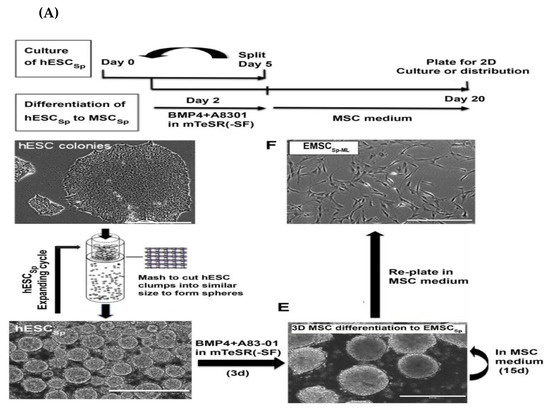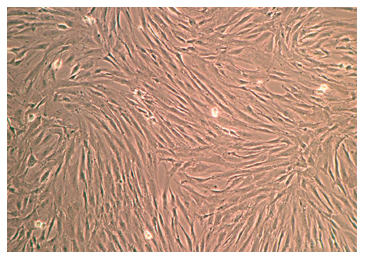

Apart from being ineffective, large-scale expansion using a cell culture flask also affects the cell quality as MSCs expanded in vitro for a long period of time may lose their stem cell characteristics. More manpower and incubator space are needed when performing large-scale cell expansion using a cell culture flask. However, a similar strategy is not ideal for expansion of MSCs meant for clinical use as the cell number needed is much higher. MSCs can be expanded in vitro using a cell culture plate and flask to obtain the sufficient cell number needed for experimental purposes. For certain patients and diseases, multiple administrations of MSCs up to several hundred million cells are needed to achieve the desired therapeutic effect. A dosage of 2 × 10 6 cells/kg body weight is commonly given to the patients. Ī crucial limitation in therapeutic application of MSCs is the low amount of MSCs in all tissues and the quantity of isolated MSCs being insufficient for clinical use. Diseases that have been treated with MSCs include liver diseases, peripheral nerve damage, graft-versus-host-disease, autoimmune diseases, diabetes mellitus, and heart diseases. In fact, MSCs have been evaluated in many clinical trials for the treatment of immune-mediated diseases and tissue injuries. Thus, MSCs have remarkable clinical potential especially in immune modulation and tissue regeneration. In addition, MSCs also possess antioxidative, antiapoptotic, antifibrosis, and proangiogenesis properties. MSCs can modulate the immunoreactivity through mechanisms such as suppression of T-cells and lymphocyte proliferation. MCSs are able to self-renew and can be induced to differentiate into adipocytes, chondrocytes, osteocytes, hepatocytes, tenocytes, and cardiomyocytes. Mesenchymal stem cells (MSCs) are multipotent stem cells which can be isolated from various tissue sources such as bone marrow, adipose tissue, and umbilical cord. In summary, the bioreactor, spinner flask, roller bottle, and multilayered flask can be used for large-scale expansion of MSCs without compromising the cell quality.

Importantly, regardless of the bioprocessing strategies, the expanded MSCs were able to maintain its phenotype and potency. Generally, a higher expansion ratio was achieved with the bioreactor and multilayered flask. The bioreactor, spinner flask, and multilayered flask were more commonly used to upscale the MSCs compared to the roller bottle. These articles described the large-scale expansion of 7 different sources of MSCs using 4 different bioprocessing strategies, i.e., bioreactor, spinner flask, roller bottle, and multilayered flask. The literature search in Medline and Scopus databases identified 26 articles that met the inclusion criteria and were included in this review. In this review, bioprocessing strategies for large-scale expansion of MSCs were systematically reviewed and discussed. Multiple large-scale cell expansion strategies have been described in the literature to fetch the cell quantity required for the therapy. Millions to hundred millions of MSCs are required per patient depending on the disease, route of administration, frequency of administration, and patient body weight. MSCs have been studied in multiple clinical trials to treat liver diseases, peripheral nerve damage, graft-versus-host disease, autoimmune diseases, diabetes mellitus, and cardiovascular damage. Mesenchymal stem cells (MSCs) are multipotent stem cells with strong immunosuppressive property that renders them an attractive source of cells for cell therapy.


 0 kommentar(er)
0 kommentar(er)
